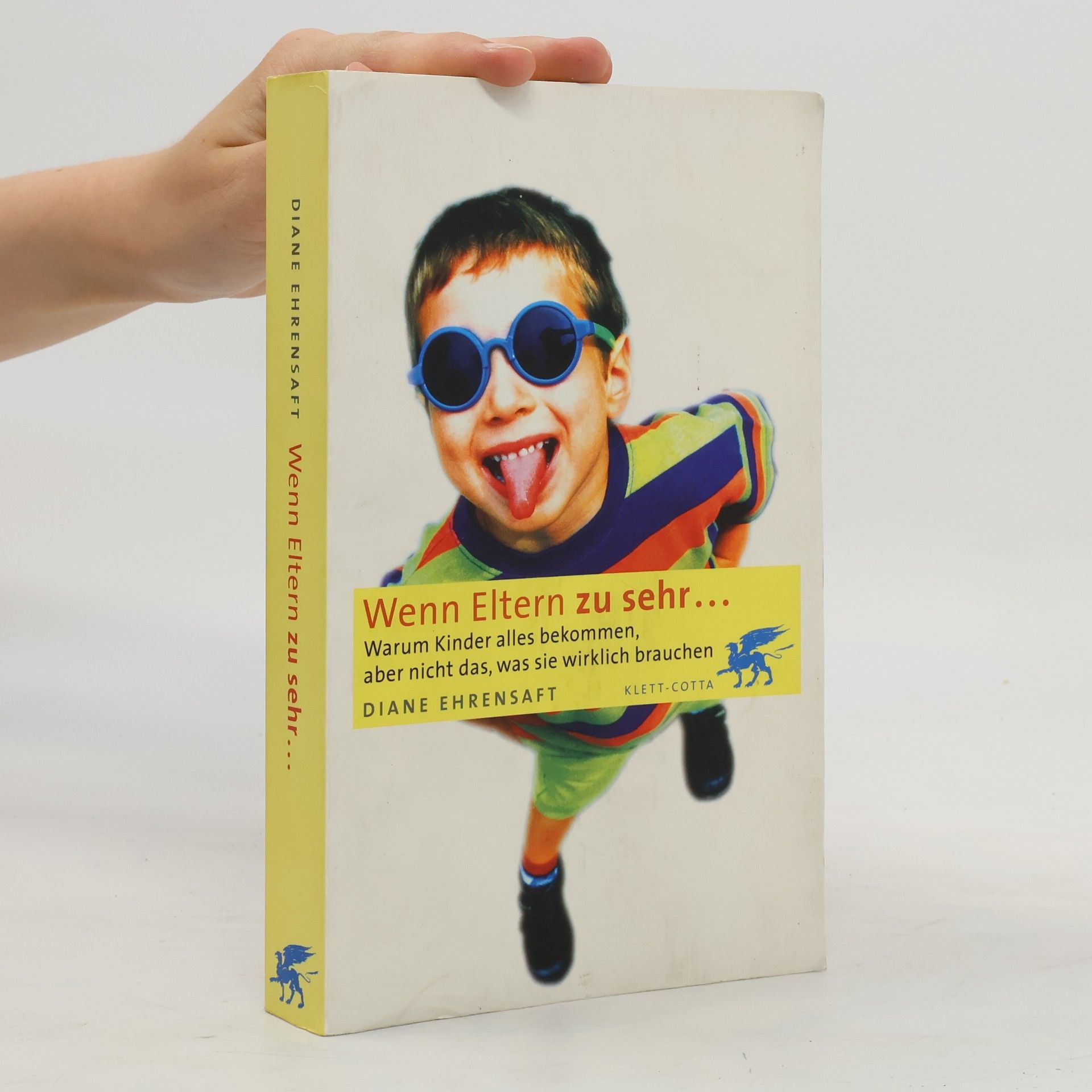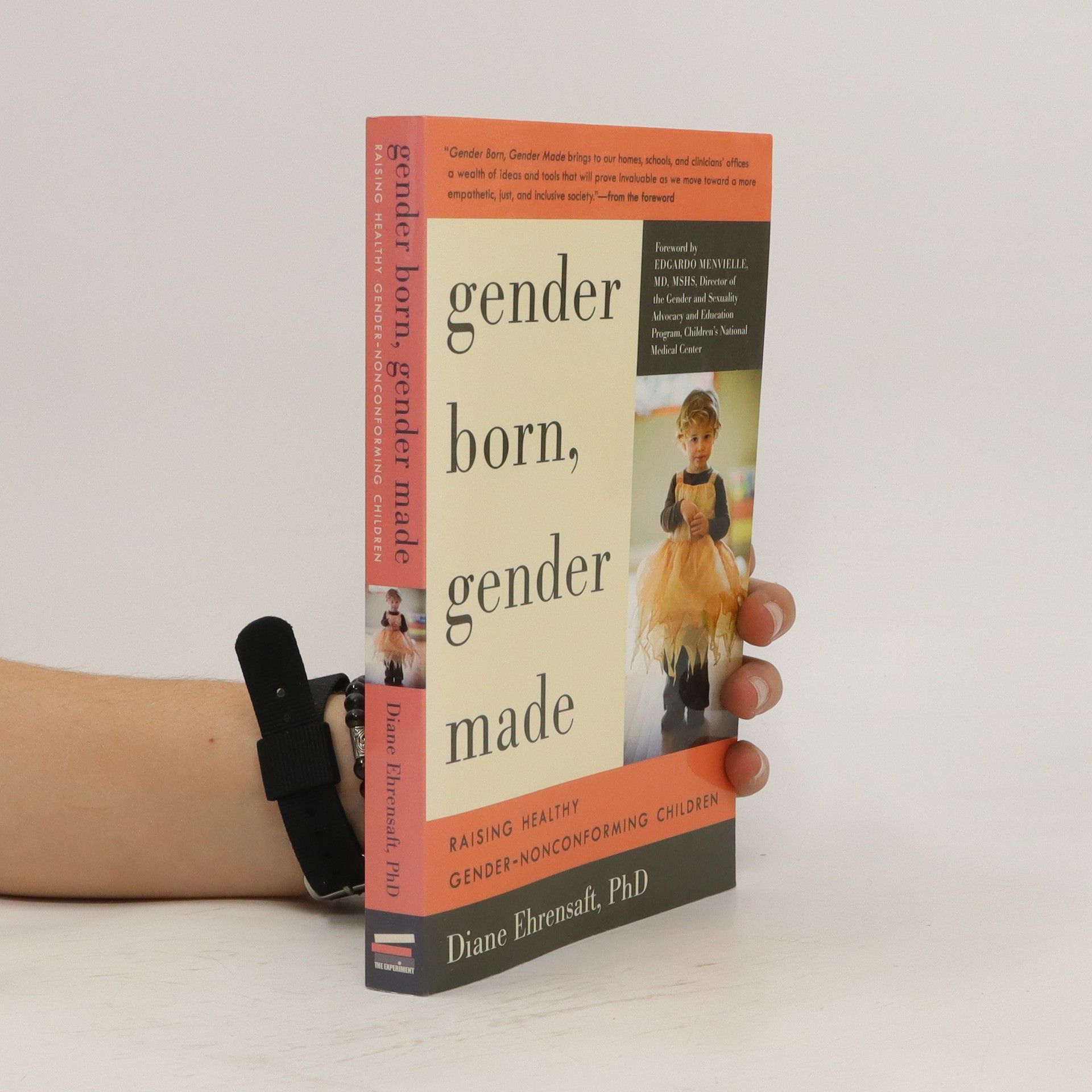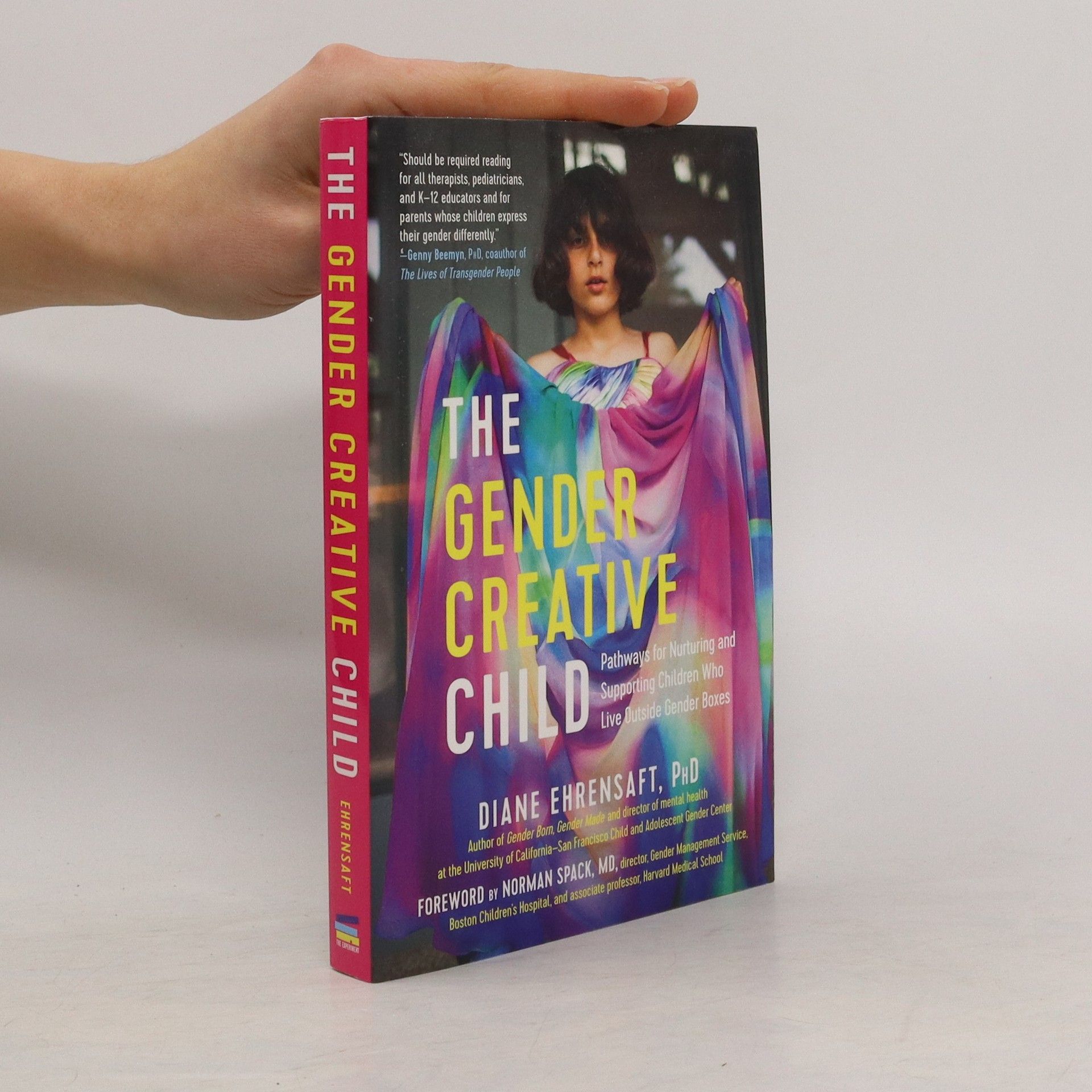By now, you've probably heard the terms transgender, nonbinary, genderqueer, and gender fluid. You might even know someone who identifies as one of those ways or know someone who is questioning their gender. But what do those terms actually mean? Is this gender exploration just a phase due to over-influence by social media or peer pressure? And how do you broach the subject of gender with your child or loved one? Gender Explained is the complete roadmap to understanding gender in all its forms. Backed by the latest research and featuring personal stories from children, adolescents and parents, clinical psychologists and gender specialists Diane Ehrensaft and Michelle Jurkiewicz will walk you through everything you need to know about today's gender phenomenon, including- -Why so many kids today are exploring gender -What it means that gender is on a spectrum -How to parent a gender creative child -How to support those exploring their gender identity Dispelling myths and answering the most common questions that appear in clinical practice, this book will equip you with the information and insight to navigate this new world with confidence and ease.
Diane Ehrensaft Libri
Diane Ehrensaft, Ph.D. è una psicologa dello sviluppo e clinica nell'area della Baia di San Francisco. Dirige i servizi di salute mentale ed è membro fondatore del Centro di Genere per Bambini e Adolescenti. Questa organizzazione offre servizi completi e supporto per bambini e giovani transgender/gender nonconforming e le loro famiglie. Il suo lavoro si concentra sul sostegno alle diverse identità di genere nei bambini, promuovendo la comprensione e l'accettazione all'interno delle famiglie e delle comunità.




Gender Creative Child
- 285pagine
- 10 ore di lettura
In The Gender Creative Child, Dr. Ehrensaft gives families a comprehensive resource to caring for children whose gender expression is fluid or who question the gender they were assigned at birth. Easily digestible chapters, encourage both parents and professionals to listen to the children, support their quest for their authentic gender selves.
A groundbreaking guide to caring for children who live outside binary gender boxes We are only beginning to understand gender. Is it inborn or learned? Can it be chosen―or even changed? Does it have to be one or the other? These questions may seem abstract―but for parents whose children live outside of gender “norms,” they are very real. No two children who bend the “rules” of gender do so in quite the same way. Felicia threw away her frilly dresses at age three. Sam hid his interest in dolls and “girl things” until high school―when he finally confided his desire to become Sammi. And seven-year-old Maggie, who sports a boys’ basketball uniform and a long blond braid, identifies as “a boy in the front, and a girl in the back.” But all gender-nonconforming children have one thing in common―they need support to thrive in a society that still subscribes to a binary system of gender. Dr. Diane Ehrensaft has worked with children like Felicia, Sam, and Maggie for over 30 years. In Gender Born, Gender Made, she offers parents, clinicians, and educators guidance on both the philosophical dilemmas and the practical, daily concerns of working with children who don’t fit a “typical” gender mold. She debunks outmoded approaches to gender nonconformity that may actually do children harm. And she offers a new framework for helping each child become his or her own unique, most gender-authentic person.
Wenn Eltern zu sehr ...
- 309pagine
- 11 ore di lettura
Diane Ehrensaft, Professorin für Psychologie und Kindertherapeutin, beschreibt ein für sie typisches Dilemma der Erziehung der 90er-Jahre. Einerseits behandeln Eltern ihre Kinder wie kleine Erwachsene, andererseits überschütten sie sie mit Fürsorge und Zuwendung und sehen sie als hilflose Babys an. Ehrensaft stellt die Probleme, die sich daraus für die Familie und die Psyche der Kinder ergeben, in Zusammenhang mit dem gesellschaftlichen Kontext dar (Vereinbarkeit von Familie und Beruf). Sie vermittelt Anregungen, wie die Bedürfnisse der Eltern von denen der Kinder abgegrenzt werden, welche Erwartungen Eltern an ihre Kinder in welchem Alter stellen und wie Kindern sinnvoll Grenzen gesetzt werden können. Anschaulich durch die zahlreichen Fallbeispiele aus der Praxis. - Für Eltern, die sich intensiver mit diesem Konflikt auseinandersetzen wollen. Zur Erstinformation übersichtlicher ist M. Schindler: 'Kinder loslassen - wann und wie? (BA 1/00). (2).